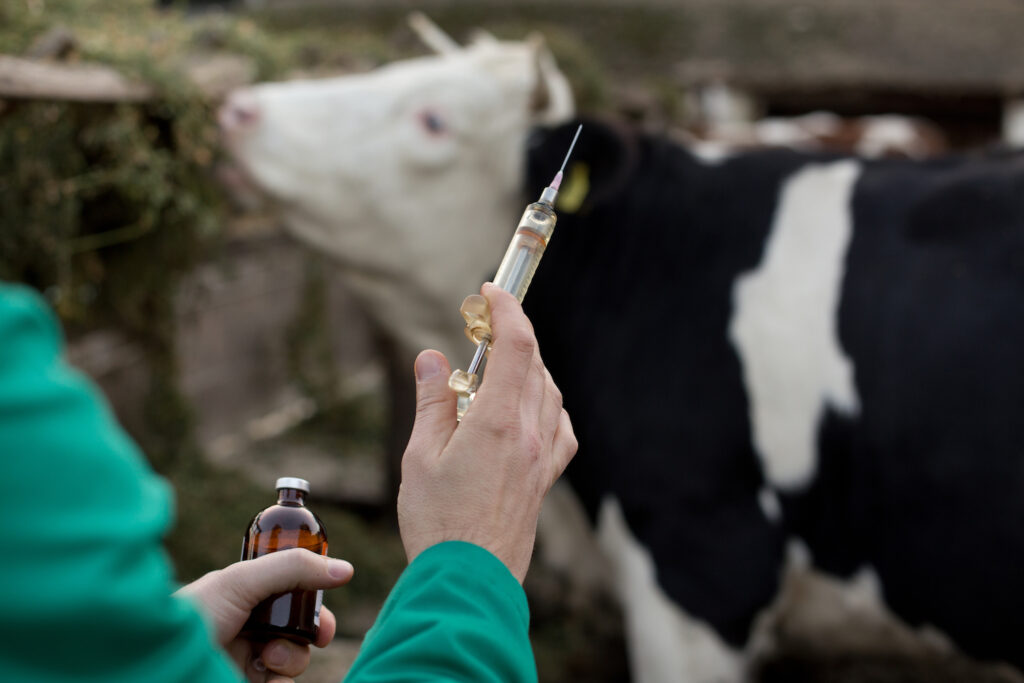Farmers invited to pledge support for vaccination guideline
9th September 2022
The National Office of Animal Health (NOAH) has launched a campaign inviting farmers, veterinary and industry professionals to pledge their support for the Livestock Vaccination Guideline that is paving the way for improved welfare, productivity and sustainability on UK farms.
Launched at the Kisaco Livestock and Aquaculture Innovation Summit in London, the campaign aims to ensure that farmers across the country are aware of the benefits of a preventative health approach to livestock vaccination.
By supporting dairy, beef, and sheep farmers in their vaccination decisions, the campaign is promoting a shift in how vaccines are used across these sectors. This has great potential to positively impact animal welfare, increase productivity of livestock nationwide and improve the sustainability of the agricultural industry as a whole.
Those wishing to pledge their support can sign up to the campaign at noahlvg.co.uk. By doing so, supporters are committing to sharing and implementing the Guideline’s principles where possible. All contributions will help improve farm resilience and ensure the future prosperity of the sector.
The NOAH Livestock Vaccination Guideline brings together clinical veterinary experience and research to outline current best practice on a proactive approach to herd and flock vaccination. It sets out how vets, SQPs/RAMAs, farmers and policy makers can benefit from sector-specific advice for the dairy, sheep, and beef industries.
Dawn Howard, chief executive of NOAH said: “By bringing the UK sheep, beef and dairy sectors together with a common commitment to livestock vaccination as set out in the guideline we hope to fully realise the benefits of the preventive health approach – both on individual farms and in the UK livestock population as a whole.”
Vaccination plays a central role in the prevention, control, and reduction of disease in livestock and maintaining undisturbed production on farms. It is also a crucial element of ‘One Health’, which refers to the interaction between animal health, human health and the environment.
The Guideline highlights several vaccines that protect human and animal health alike by reducing the risk of zoonosis. These include vaccines against salmonellosis, leptospirosis and ringworm, which all help reduce risk to human health on livestock premises. By preventing disease, vaccines also reduce the use of antibiotics and mitigate antibiotic resistance, which is an important part of progressive herd and flock health management.
“A strategic and industry wide approach to vaccinating livestock is an important part of ensuring that our animals are healthy. Healthy animals means better welfare, higher productivity and more sustainable farming,” Mr Howard from NOAH explained.
NOAH represents approximately 97% of the UK animal medicines market and aims to promote the benefits of licenced medicines to farmers for the health and welfare of their animals.
In its Livestock Vaccination Guideline, NOAH echoes UK health and welfare ambitions and promotes food safety and security with the aim of improving the overall health status of the UK herd and flock. It also indirectly advances the competitiveness of the produce from our livestock to the benefit of all UK farmers, NOAH says.

